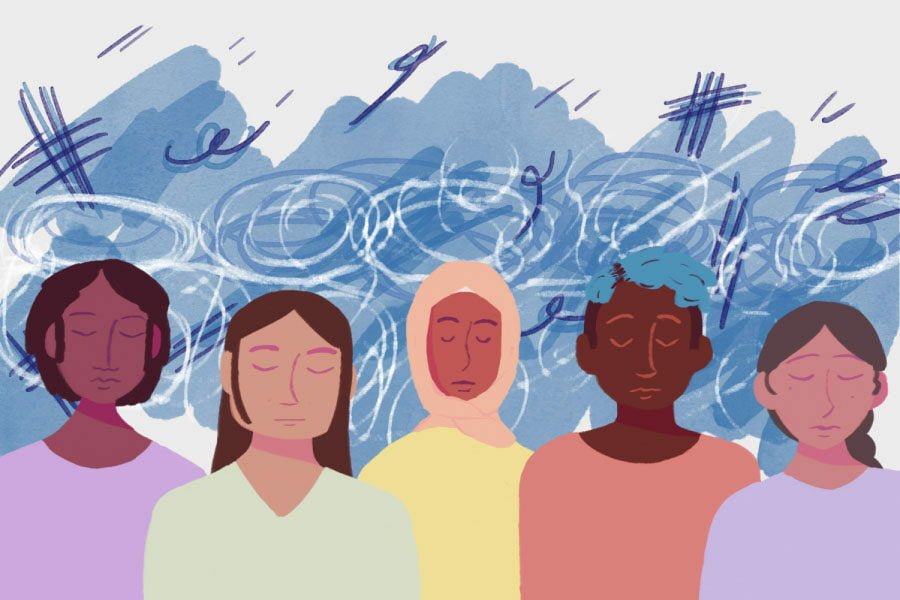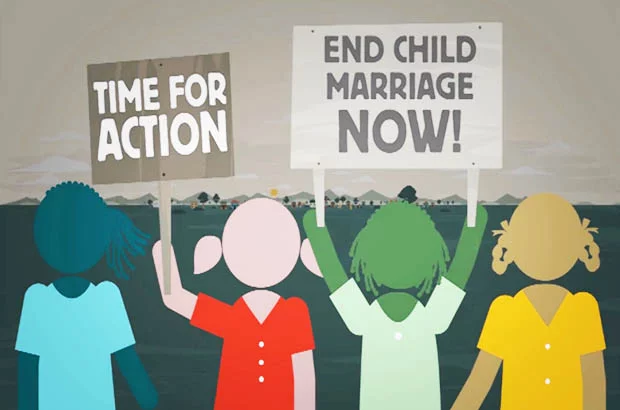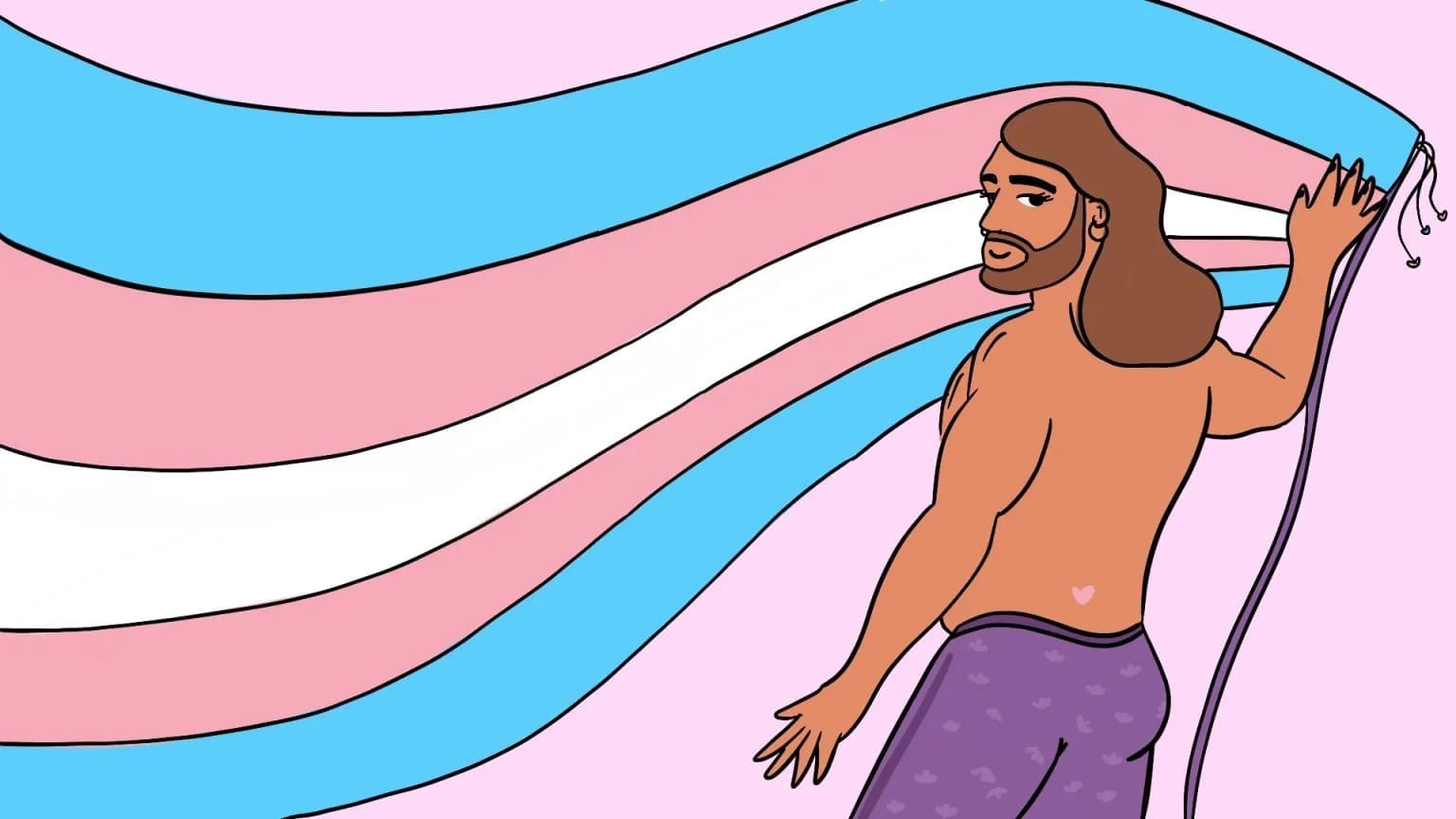“Down Girl: The Logic of Misogyny,” is a book written by philosopher and feminist scholar Kate Manne. In this book, Manne explores the concept of misogyny and provides a philosophical analysis of how it operates in society. She discusses misogyny as a social phenomenon distinct from the concept of sexism. She also introduces the concept of “Himpathy,” in this book, referring to the preferential treatment or disproportionate sympathy given to men.
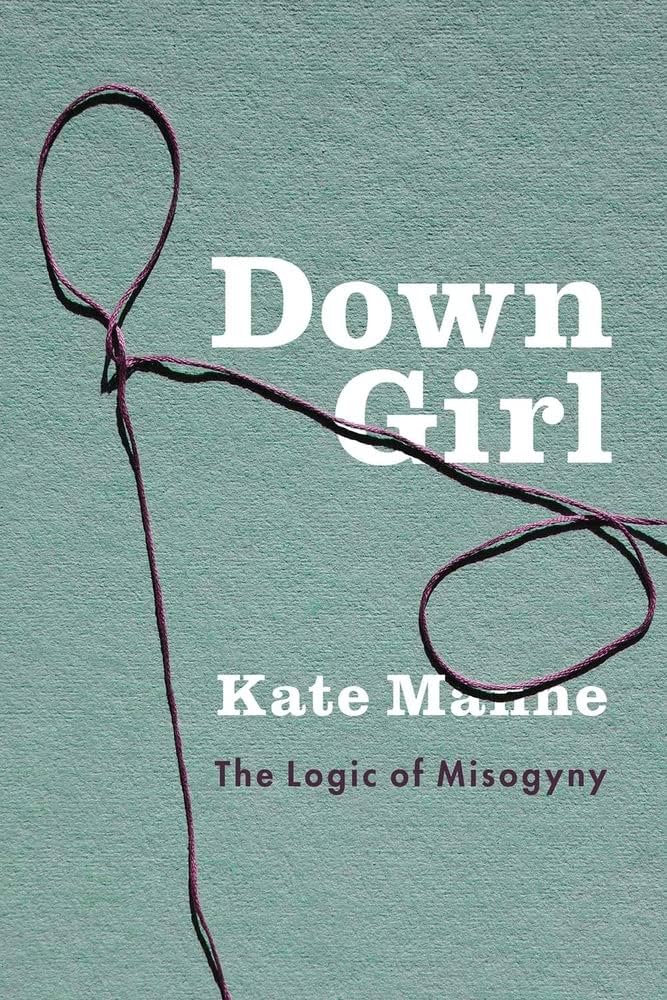
In her analysis of the gendered norms and expectations of a patriarchal society, she gives many examples of how these norms may apply in the political arena—to male and female politicians—not only how they are represented in the media, but also how they are perceived by the general public.
Understanding misogyny as per Kate Manne’s understanding
Misogyny is generally considered to be a deep-seated prejudice, hatred and/or contempt of women. It involves a range of negative attitudes, beliefs and behaviours that are directed at women based on their gender. According to Manne, this is the popular or naive conception of misogyny, and she criticises it for multiple reasons, most importantly, she brings attention to the fact that misogyny is primarily seen as a property of individuals, especially men, who hate women, just because they are women.
Manne rather takes misogyny to be primarily a property of social environments, where women are subjected to hostility because of the policing of patriarchal norms and expectations. Misogyny is seen as a social-political phenomenon with coercive enforcement mechanisms as its functional essence, that manifests itself psychologically, structurally, and institutionally.
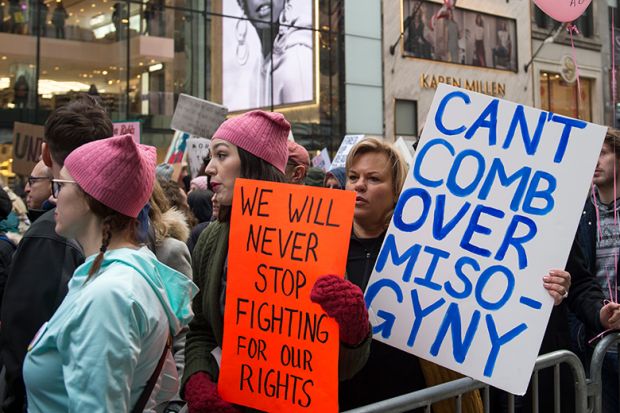
Manne’s conception of misogyny has several advantages—it avoids psychologism, and individualism, makes misogyny more epistemologically tractable, and avoids seeing misogyny as a product of certain “bad apples.”
It also has the important advantage of differentiating misogyny from sexism: Manne sees both as distinct but complementary branches of the patriarchal order, with misogyny being the “law enforcement,” branch—policing and enforcing its governing norms and expectations, whereas sexism is the “justificatory,” branch—rationalising and justifying patriarchal social relations with the help of patriarchal ideology.
Misogyny as backlash
So as per Manne’s understanding, misogyny enforces and polices women’s actions and behaviours according to patriarchal norms. This is to assure women’s subordination and to uphold male dominance. It punishes and condemns the women who are perceived as violating or not upholding patriarchal norms, or rejecting or not fulfilling patriarchal expectations. For example, a woman may face misogyny for competing against a man for a job in a male-dominated field.
Feminists are a natural target, as are women who are rejecting male-oriented service roles or refusing to provide feminine-coded labour to men. Additionally, misogyny is also directed in force at women who are trying to obtain masculine-coded goods, including positions of power, authority, etc.
The question is—who are the typical targets of misogyny as per Manne’s analysis? Of course, feminists are a natural target, as are women who are rejecting male-oriented service roles or refusing to provide feminine-coded labour to men. Additionally, misogyny is also directed in force at women who are trying to obtain masculine-coded goods, including positions of power, authority, etc.

Manne’s conception of misogyny in large part sees the phenomenon as backlash. In all these situations, the objective is clear, to punish women for their “transgressions,” and show other women the consequences of such “bad behaviour.”
In Down Girl, Manne says, “Women who reverse gendered hierarchies and aspire to masculine-coded social roles are therefore liable to provoke misogyny. One can think of few more obvious triggers than seeking political office.”
Misogyny is not just about hostility and hatred in interpersonal scenarios, as the naive conception would have us believe. Manne points out that misogyny also often features a large amount of “third-personal indignation, outrage, condemnation, and similar.” More often than not, misogyny functions by using certain women as representatives. In this manner, women politicians may serve as “Rorschach inkblots,” for the misogynist public to project their anger, frustrations and resentment at the changing social order.
According to Manne, as public figures who get a lot of collective attention and media coverage, women politicians are “a tempting and common outlet for misogynist aggression.”
Unfortunately, misogyny directed at women politicians is often overlooked because the actions, behaviours and principles of political figures merit examination and evaluation by their voters. Criticism is one of the checks and balances of the democratic system.
Ideally, public scrutiny helps hold politicians accountable and discourages corruption and misconduct. However, this criticism should be constructive and responsible, based on facts and policy.
Misogyny in the political arena
There are many gendered stereotypes and double standards directed at women politicians. Female politicians can be judged more harshly on their appearance, tone of voice and demeanour. (Manne particularly notes female politicians being described as “shrill,” and offers a powerful analysis of it in the latter chapters of Down Girl.)
Gendered stereotypes about women may lead to double-binds—for example, they may be expected to be gentler or more compassionate, to refrain from appearing too assertive, self-assured or argumentative. But at the same time, behaving according to gendered norms of womanhood and femininity would lead to them being perceived as less capable politicians than their male counterparts
They may be called sister, or mother much more frequently than male politicians are called father, or brother, and expected to be similarly accessible or servile to the public.
Gendered stereotypes about women may lead to double-binds—for example, they may be expected to be gentler or more compassionate, to refrain from appearing too assertive, self-assured or argumentative. But at the same time, behaving according to gendered norms of womanhood and femininity would lead to them being perceived as less capable politicians than their male counterparts, who are allowed to be confident, dominant or even harsh without criticism, while the female politicians may be penalised for having or appearing to have the very same qualities. Often, women politicians may find themselves in a lose-lose situation.
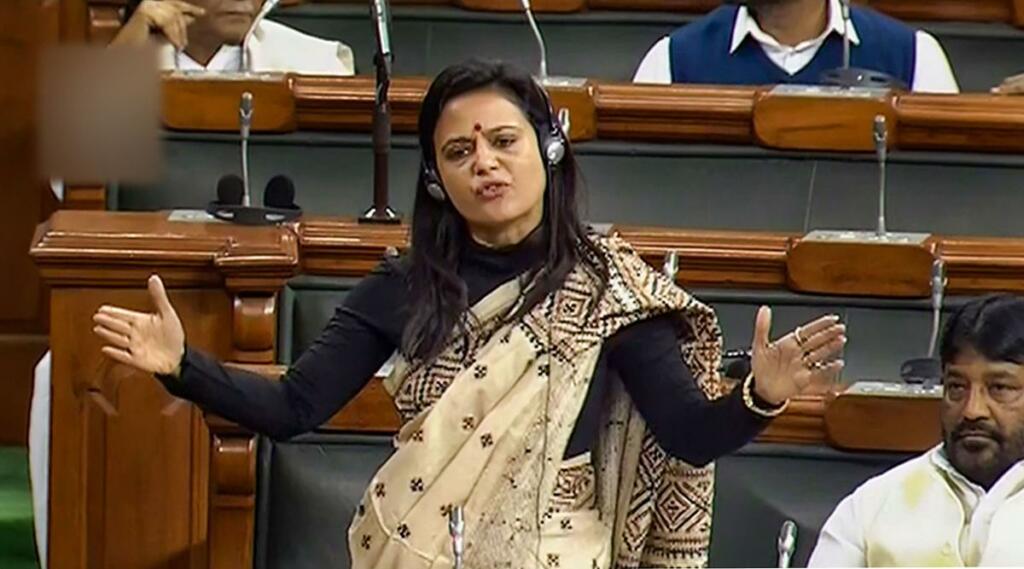
Women politicians may also be subject to sexualisation and objectification, not only in the media or public discourse but also by their male counterparts. They may be judged on their physical appearance, clothes, marital status, and so on. This may take the form of sexual harassment by way of uncomfortably sexual “compliments,” and overtures that are unsuitable for the workplace (or any place), or it may take the form of belittling and insulting them with sexual slurs meant to reinforce the power dynamics of gender hierarchy. This sexual kind of character assassination is weaponised mainly against women and other gender minorities, and a male politician may rarely be sexualised or objectified in this way.
Harassment and trolling, especially online, of female politicians is rampant, including abuse but also threats, of physical and sexual violence, including gang rape. It is dramatically higher for women politicians from intersectional backgrounds, such as caste, class, religion and so on. For example, female politicians who were Muslim experienced 94.1 per cent more ethnic or religious slurs according to an Amnesty International report.
Manne also observes that right-wing female politicians fare better compared to their left-wing counterparts, as “women’s power will be better tolerated when it’s wielded in service of patriarchal interests.”
There is also another group unique to the political arena that has less protection—women politicians who do not have any political patronage. For example, when Kamal Nath called Imarti Devi an “item,” in 2020, it was noted that he would have hesitated to use that derogatory slur to describe a woman from any prominent political family.

Manne also observes that right-wing female politicians fare better compared to their left-wing counterparts, as “women’s power will be better tolerated when it’s wielded in service of patriarchal interests.” Similarly, women politicians who unapologetically champion causes linked with feminism and gender equality are much more likely to be targets of misogyny.
The desired impact of this misogyny is to discourage those behaviours, to discourage the political participation of women in general. It is not just meant to harm the politicians themselves—though it certainly does that—in terms of the mental and emotional toll, undermining their credibility and diminishing their power and authority. However, it also has the downstream effect of deterring women’s participation in politics, leading to underrepresentation, harm to public discourse and the perpetuation of gender bias.
Concept of himpathy
Manne also introduces a concept that she has named himpathy. Himpathy is the tendency to extend undue sympathy and support for men, as compared to women. Manne gives the example of a woman competing with a man for a masculine-coded good such as a leadership position or political authority, “people tend to be biased in his favour, toward him…there will be a general tendency, all else being equal, to be on his side, willing him to power. And this in turn predictably leads to biases against her.”
In the political domain, this may also mean that male politicians are afforded an amount of leeway when it comes to minor misdemeanours or even major misconduct, while female politicians may be judged and penalised much more harshly for the same actions, statements or behaviours.
In other words, even if the criticism is not linked explicitly to gender bias or stereotypes, it is also worth noting that it can still be a form of misogyny if it is disproportionate to what their male counterparts would have received in a similar situation.
Manne admits that women politicians must “be subject to genuine moral criticisms. But the question is not only whether they are judged by sexist or more or less explicitly gendered standards, but how much moral criticism they face, and how much damage this does to their moral reputation, about male counterparts.” For example, if a female politician is getting disproportionately more flack for not having the appropriate educational qualifications as compared to a male counterpart, then that still qualifies as misogyny even if it is not a sexist avenue of criticism.
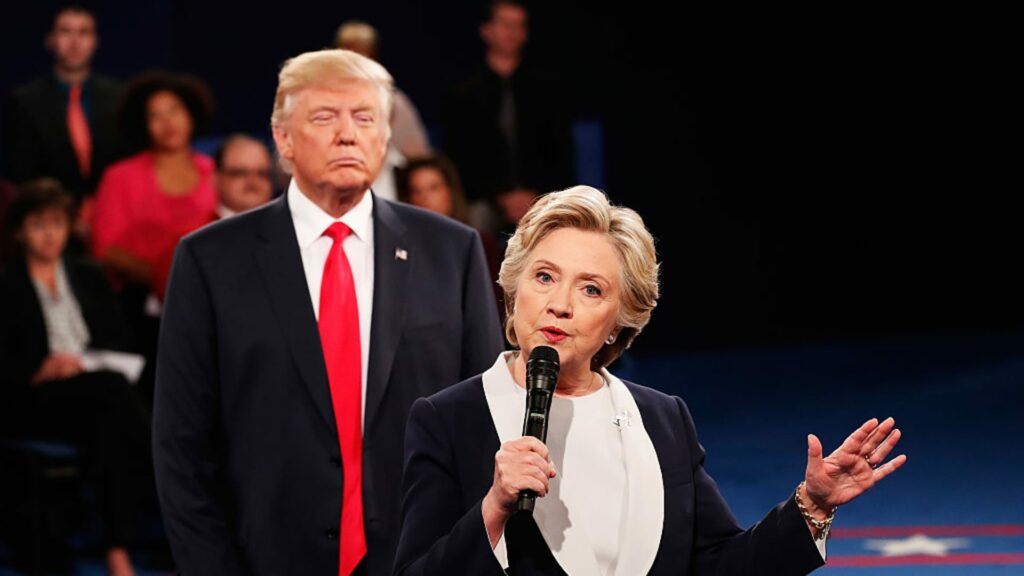
Manne argues that there is another way that people who do not ascribe to sexist beliefs or defunct stereotypes about women and their capabilities, may still be misogynist. She gives the example of the overwhelming amount of misogyny faced by Hillary Clinton and argues that this was not because she was perceived as incompetent. It was rather because her very competence was threatening the patriarchal political order.
Apart from the possibility of misogyny as a backlash to the increasing influence and power of female politicians, Manne also believes that people continue to have unconscious prejudice despite unlearning explicitly sexist beliefs.
Reckoning with prejudice
Today, we mostly accept that as members of society, we perform certain implicit biases quite unconsciously. Most of the readers of this article, for example, would probably agree that a man and a woman can be equally competent political leaders. But does that mean that we are free of gender bias? Manne points out that “our moral perceptions and habits of attention often lag well behind our moral principles.”
We often make judgements and form opinions, unaware of the fact that they may stem from gender biases we have internalised. And we may explain them (to ourselves and others) with post hoc rationalisations. Say we experience a hostile feeling towards a confident woman that we encounter on the street. We may reach for explanations such as “Oh, she’s being too loud,” or “Why isn’t she smiling, she looks unpleasant,” instead of facing up to the fact that this feeling may stem from a misogynist source.
Manne considers this to be natural, but she also recommends that we make “appropriate adjustments—and not give our gendered social instincts too much credit in light of their likely causal bases.”
Manne however, is not optimistic that feminism’s work will be done even when people begin to unlearn sexism and acknowledge that the capacity for intellectual acumen or leadership abilities is not gendered. Based on case studies from countries like the US and Australia, she concludes that “misogyny that was latent or lay dormant within a culture may manifest itself when women’s capabilities become more salient and hence demoralising or threatening.”
Let us heed this grim warning and brace ourselves for an uphill battle, not only against the misogyny of others but also against our own inner bias.
About the author(s)
Simran is a teacher and writer from Pune. They write about feminist issues from a philosophical perspective. They are committed to working on the issue of sexual and gender-based violence (SGBV). They love reading and learning languages (fluent in French, they are now trying their hand at Spanish and German). Simran has a BA in Philosophy from Fergusson College and a Masters in Cognitive Sciences from IIT Gandhinagar. They can be found on Instagram as @willtophilosophy, where they post about philosophy, literature and feminism.
